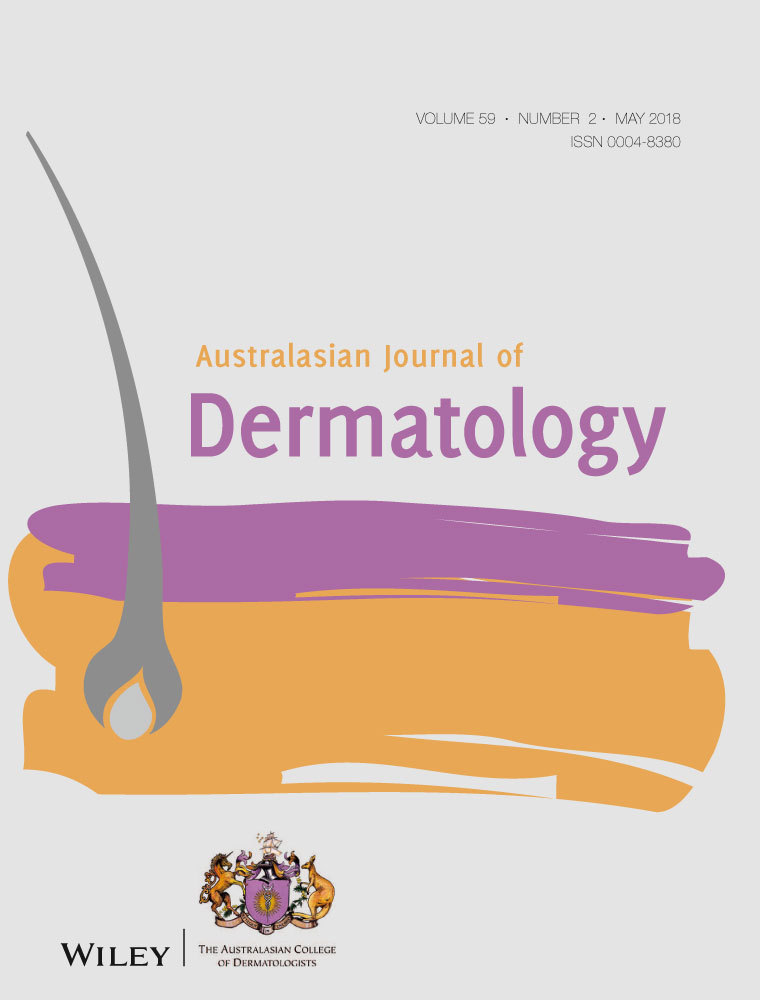Effect of atopic dermatitis on quality of life and its psychosocial impact in Asian adolescents
Abstract
Background/Objectives
Atopic dermatitis (AD) is a common condition affecting up to 20% of the paediatric population in Singapore. It is often associated with significant psychosocial morbidity and can affect patients' quality of life (QOL) tremendously. This study investigated the varying lifestyle impacts, and psychosocial domains most affected by AD in adolescent children in Singapore.
Methods
A prospective study evaluating the impact of AD on the QOL of adolescents was conducted over a 6-month period from July to December 2014. Adolescents aged 11–16 years with varying eczema severity were recruited. Eczema severity was determined by using the eczema area and severity index (EASI) scores. Lifestyle impact of AD was evaluated using patient-reported children's dermatology life quality index (CDLQI) scores. Statistical analysis was performed using an analysis of one-way variance and Student's t-test.
Results
A total of 50 patients were enrolled and divided into three groups: mild (<10.3), moderate (10.3–20.9) and severe (>20.9) eczema based on EASI scores. Patients with mild and moderate eczema had lower CDLQI scores. Adolescents were most affected by the disruption that their symptoms had on their leisure and physical activities and sleep as a result of itch and scratching, respectively.
Conclusion
Chronic sufferers of severe eczema experience poorer QOL than those with mild or moderate eczema. They also experience significant psychosocial impact as a consequence of their condition.




